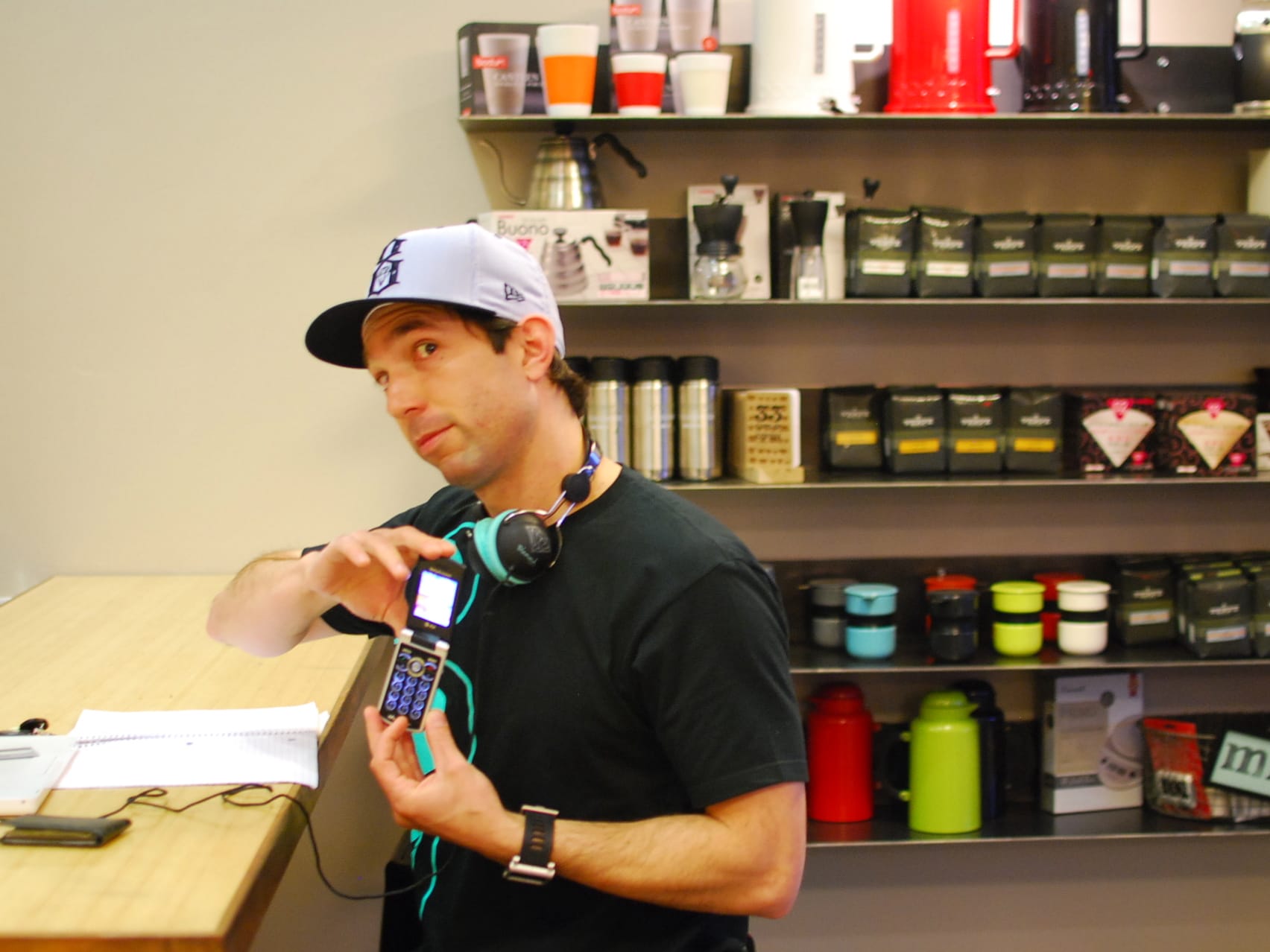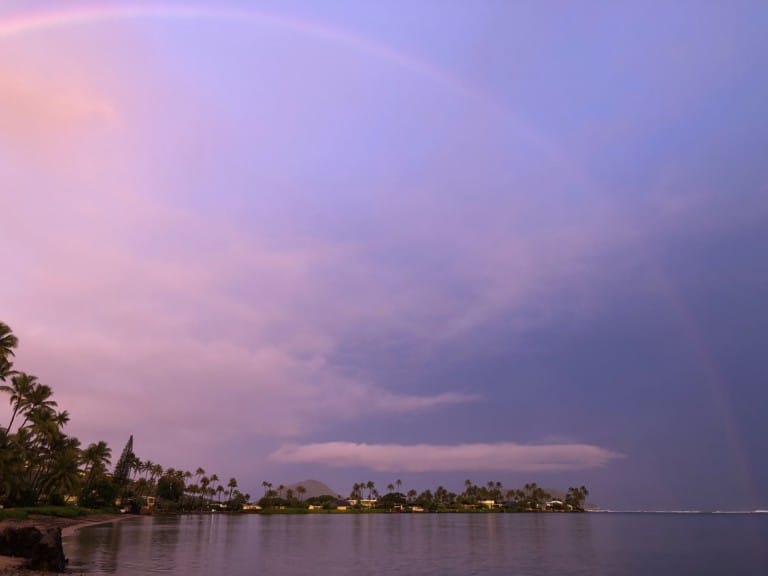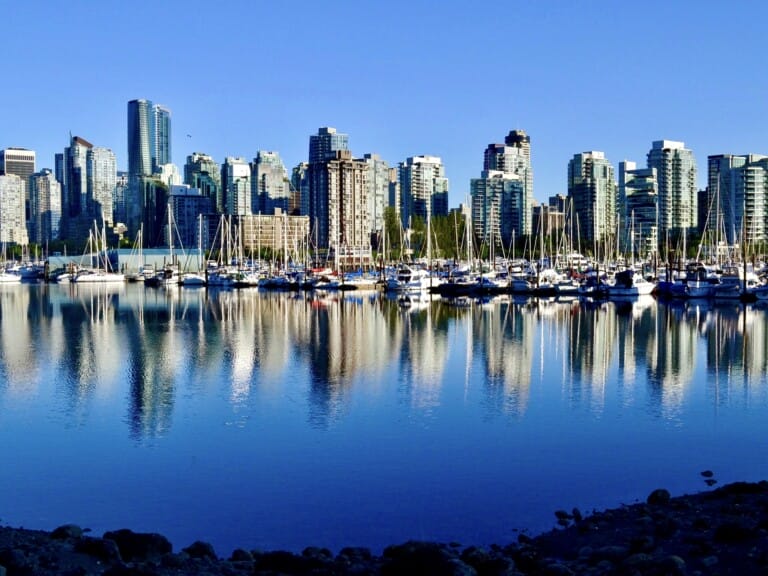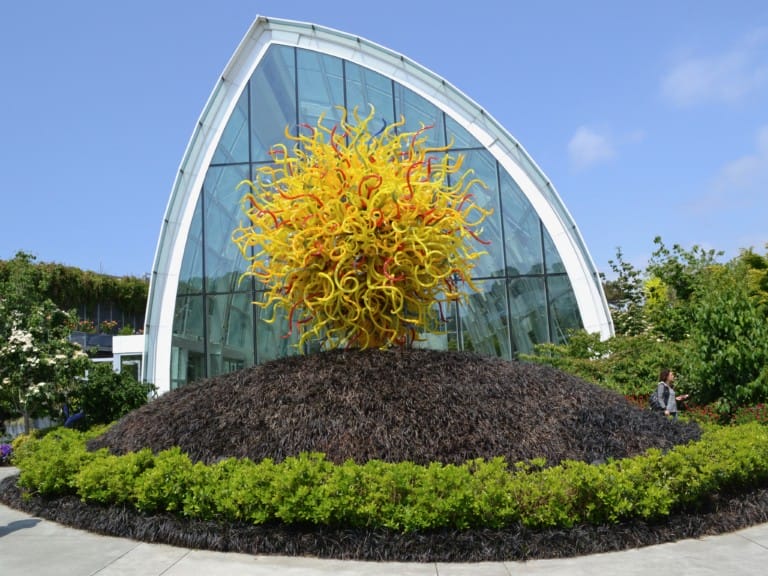INTERVIEW CONTINUED FROM PREVIOUS PAGE
Ever since witnessing Chris Baca’s performance at the 2010 Western Regional Barista Competition, where he pulled audience members into his performance, it was clear he doesn’t approach coffee like most people. The Modesto native started working with coffee in his hometown, at Old Plantation, before he moved to San Francisco. He signed on with the then-brand-new Ritual Coffee Roasters and later ventured south to Santa Cruz. He currently works in that bohemian beach town as the head trainer for Verve Coffee Roasters, a specialty coffee company that Colby Barr and Ryan O’Donnovan founded in 2007. On February 25, I met Baca at the original Verve coffeehouse in eastern Santa Cruz, and he shared several caffeinated insights.
Josh Lurie: Any other mentors over the years?
Chris Baca: Yeah, there’s a couple. A couple people that I originally started working with at Ritual, like Ryan Brown, who is now back at Stumptown…and Gabe Boscana, who works for Intelligentsia and runs their roasting department. They were two people I learned a lot from early on in regards to espresso and bar training and stuff like that. I still think about a lot of stuff I learned from them. They’re probably the two biggest for me, along with Tony.
JL: Are you going to compete in any more barista competitions?
CB: Yes, but I’m not sure when. I’m not competing in the Regionals here. It’s been such a big deal to put it on. That’s kind of the deal I made with [Verve co-founder] Colby [Barr]. I’m not going to be in it if I help set up. I do want to, but I want to make sure that when I do ‘em, it means something to me, because I feel a lot of people do ‘em just to do ‘em. I want to make sure if I do ‘em, I have a reason to do ‘em and am really motivated to do ‘em. Not “It seems like something fun to do.”
JL: Why has it been important for you to compete in the past?
CB: I think every year that I compete, I gain some kind of perspective out of it. Sometimes I’ll learn something really weird, but usually, I guess being involved with things, especially at the USBC level, you don’t get to really exercise a competitive drive in coffee too much. This is not competitive in the way that professional sports are competitive. I always liked doing sports like that, so I guess I’m kind of a competitive person, so it’s nice to have that release, but then every time I compete, I want to have that message I want to tell or story I want to tell, something that was important to me at the time, or is important to me at the time, where it’s about a coffee or some sort of aspect of the industry or preparation, or something like that.
JL: Walk me through a typical coffee consumption day for you, from the moment you wake up to the moment you go to sleep.
CB: Come in and I’ll start off with 2 ounces of whatever brewed coffee we have. Maybe it’s a French press or pourover or something. Basically sip off of something that someone else is drinking. “Let me get a little bit of that.” That’s how I start out, followed by espresso of some kind, then immediately followed by 8 ounces of some brewed coffee of whatever I feel like. I’ve been drinking a lot of French press lately. We’ve been doing woodnecks downtown, so I’ve been drinking a lot of those too.
JL: Which is what?
CB: It’s Hario’s cloth-filtered pourover thing. So if I want something super clean, that’s the way to go. After I drink that, then I’ll probably have another 1 & 1 – single espresso, single macchiato – and then I’m done drinking for the day, but it’s tasting and spitting espressos all day after that. As far as my consumption, it’s three espresso-coffee type of things.
JL: What’s your preferred brewing method at home, assuming you brew at home?
CB: I brew at home a little bit. It changes up a lot, but I always come back to French press because it’s easy and super consistent. People seem to not like French press much right now, but I make coffee for a living, and when I’m at home, I literally just want to drink a cup of coffee, and not have to think about it much. It’s really easy. Put the coffee in, put the water in. Three or four minutes later, your coffee’s done, and it’s awesome. You don’t have to get your kettle out and think about pouring or doing anything weird. It’s awesome.
JL: If you could travel to any city in the world right now, primarily to drink coffee, what would it be and how come?
CB: Right now I’d go to New York, just strictly on curiosity, because I’ve never been there in my adult life, and I’ve certainly never been there since the coffee scene has blown up. It’s something that you hear about all the time, or at least I hear about all the time. I know all the shops by name but I’ve never had a chance to drink any of their coffee, so I’d go there in a heartbeat.
JL: If you could pull a guest shift at any place right now, where you want that to be?
CB: Guest shift? I’d probably want to work at BARISTA maybe, the one on Alberta. I don’t know why, it’s just a good vibe and I really like what Billy’s done there. I want to work with Billy [Wilson]. It’s kind of like this thing I want to do, because he’s awesome.
JL: You’ve never worked with him before?
CB: No, he let me pull shots at Albina Press one time, a real long time ago, but I didn’t really know him that well. I don’t even know why he let me back there. I was just this dude, like, “Oh he’s so awesome. How is he so awesome? I don’t understand.” I was like this little dorky guy trolling around.
JL: What do you think built that mystique? What do you think makes Billy such a good barista?
CB: I don’t know. I felt like, he’s somebody you’d watch in competition, years and years and years ago, and I’d always get that sense from him that what he did on stage was pretty close to what he was actually doing in real life, which isn’t necessarily the feedback you get from everyone. He was definitely engaged, he was in his competition zone, or whatever, but the way he was making espresso – I’ve seen him work bar in real life – okay, this is the way he actually does it. He’s not dressing anything up. He’s like, “This is how I make it.” He was just one of the first baristas I watched on stage, he’s really technically proficient, really fast, and he would do that on bar, all day, for like eight hours a day. I would watch him on bar and never caught him slipping. I was kind of down for that.
JL: If you could only have one more shot of espresso, who would pull it for you?
CB: Gotta go with Jared [Truby]. He would have to make it for me, but it would have to be the one after the one he wants to give to me, because Jared will always give you a shot. He’ll be like, “Is that a little too tight?” “Yeah.” “I knew it!” Or “Is that a little weird in the finish?” “Yeah.” “I knew it!” Then the next one’s the best thing on earth, so I’ll take Jared, but two shots out.






Leave a Comment